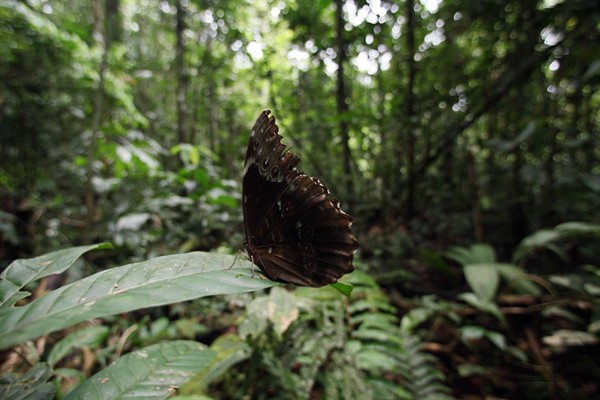October has been a busy month in the field of sustainable finance. China, the world’s largest bilateral creditor, hosted the Conference of the Parties to the Convention on Biological Diversity; public development banks recommitted to aligning their practices with the Paris Agreement at the Finance in Common Summit; and the United Nations Conference on Trade and Development and the World Economic Forum jointly launched a Global Alliance for Sustainable Investment.
This weekend, leaders from the G-20 countries will meet in Rome and renew their commitment to climate finance. And next month, the world’s governments will meet in Glasgow for the 2021 United Nations Climate Change Conference, or COP26, where the World Bank and International Monetary Fund are expected to announce a “green debt swaps” plan linking debt relief for developing countries with climate action.
The attention to sustainable finance couldn’t come at a better time. On the heels of the COVID-19 pandemic, a debt crisis looms over many countries, but especially those in Latin America and the Caribbean, which suffered the worst economic downturn of any global region in 2020. Most countries in the region are ineligible to participate in the G-20’s Debt Service Suspension Initiative due to their classification as middle-income by the World Bank.

